The content of the article
Light sparkling, pleasant taste, excellent color and aroma are the hallmark of champagne. It has long been customary to call it sparkling wine. Real champagne is made only in the provinces of France, it is considered a vintage wine. It is very expensive, sold mainly at auctions and requires strict observance of certain storage conditions. With a product from a supermarket or a specialized liquor store, everything is much simpler.
Types of sparkling wine
The classification is carried out in several directions:
- Colour;
- sugar level;
- manufacturer country;
- grape varieties for the production of a drink.
Depending on these parameters, the shelf life and storage conditions of the drink are determined.
Real, genuine champagne is produced only in the French province of the same name, for which only 2 grape varieties are used: Chardonnay and Pinot Noir. The wine goes through several stages, a feature is the process of secondary fermentation already in bottles. Then new shades of taste appear, the drink is aerated. You cannot buy real champagne in ordinary stores. But on the shelves there is a huge selection of a more affordable analogue. It is more correct to call it sparkling wine, but out of habit it is called champagne. An alternative beverage preparation technique involves so-called reservoir fermentation. After it, the drink is bottled and corked in bottles, without requiring long ripening in the wine cellars.
Sugar level
The main criterion is the sweetness of the wine.
- Brut suggests 0-3 gr. per liter, he goes "for the amateur." It is considered an aristocrat among sparkling ones, but not everyone will like its tart, slightly astringent taste. It is consumed chilled in small portions.
- Semi-sweet is a favorite of sales due to its refined taste with a slight acidity, rich aroma and pleasant aftertaste. Sugar content - about 32g, can be in stock for a long time, while maintaining the original taste characteristics.
- Sweet or dessert champagne is rarely produced; it is hardly in demand for its sugary taste. It provides 50 and more gr. sugar per liter.
It is worth considering: this is not about external additives, but about fruit sugars found in the feedstock, bringing the sweetness to the desired level again.
Sparkling Wine Manufacturers and Exporters
In addition to France, the well-known and favorite brands of the market provide:
- Spain;
- Italy;
- Chile;
- Germany;
- Portugal;
- Russia;
- United Kingdom.
Each drink has its own taste, well recognized by gourmets. The reason is the place where the grapes grow, climatic conditions, soil composition and production secrets.
Shelf life and storage
The difference between these concepts applies to both expensive millezymic champagne and light sparkling wines. Matured varieties retain their original qualities from 10 to 30 years without losing the taste and composition of the bouquet. It is recommended to store reservoir species for no more than 12-18 months. The bottle is marked with the expiration date. This means that the manufacturer guarantees the presence of taste no longer than this period. Then they can change for the worse.
It is recommended to store traditional varieties of Russian origin, including Russian, Soviet, Taman, Golden Beam, Abrau-Durso, no more than 12 months.
It is worth considering: if the storage conditions are met and the tightness of the bottle is not broken, then you can drink sparkling after the indicated storage period.
Storage recommendations
Vintage varieties require a reverent attitude, compliance with the temperature regime and the recommended humidity.The angle of inclination of the bottle is important, at which the sediment gradually moves to the bottom and the beverage ripens. These parameters are closely monitored by the sommelier, controlling and occasionally replenishing the contents of the restaurant's wine cellar or a private collection of wines.
For a sparkling wine, such austerity is superfluous. The bottles are perfectly stored upright. But there are limitations for them. Not worth it:
- freeze the drink;
- leave containers in direct sunlight;
- shake the bottle vigorously.
The purchase should be carefully inspected so that there are no chips on the bottle, the label should be evenly pasted, well read. The information contains the composition of the product, the name of the manufacturer, the date of production.
Store an open bottle is also allowed, but only in the refrigerator and not longer than a day. In this case, the neck is closed by a folded napkin or cork with a planed bottom. Part of the gas will inevitably disappear, significantly softening the taste, but the drink is quite suitable for consumption.
Properly stored champagne will delight you with its taste and incomparable aroma.
how to store and open champagne

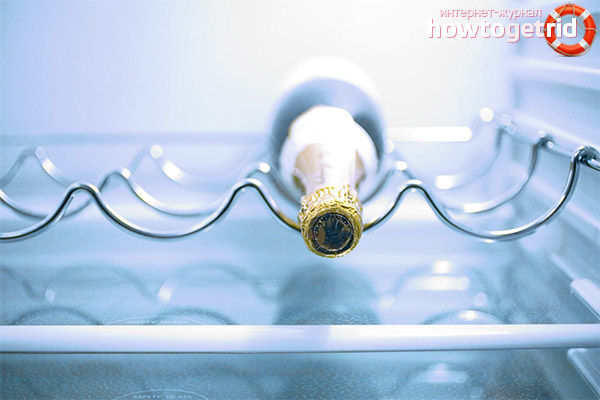
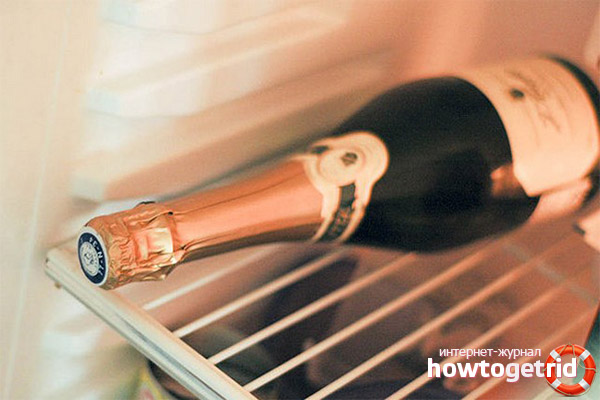
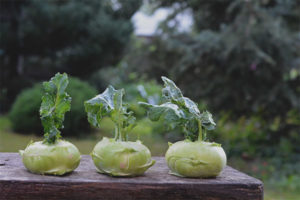
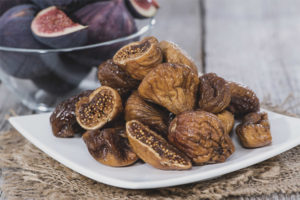
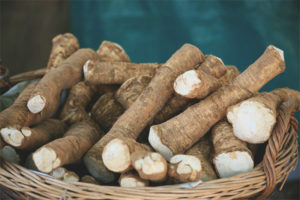
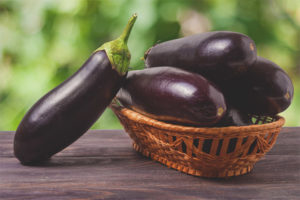
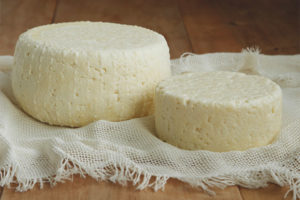
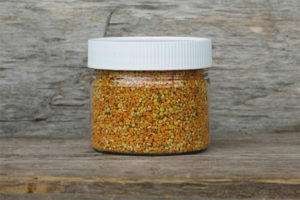
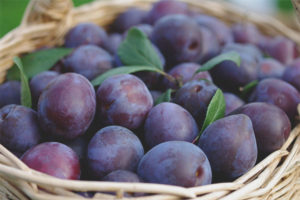
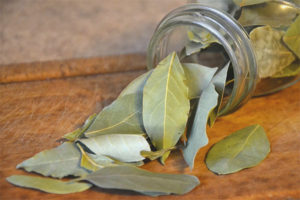
Submit